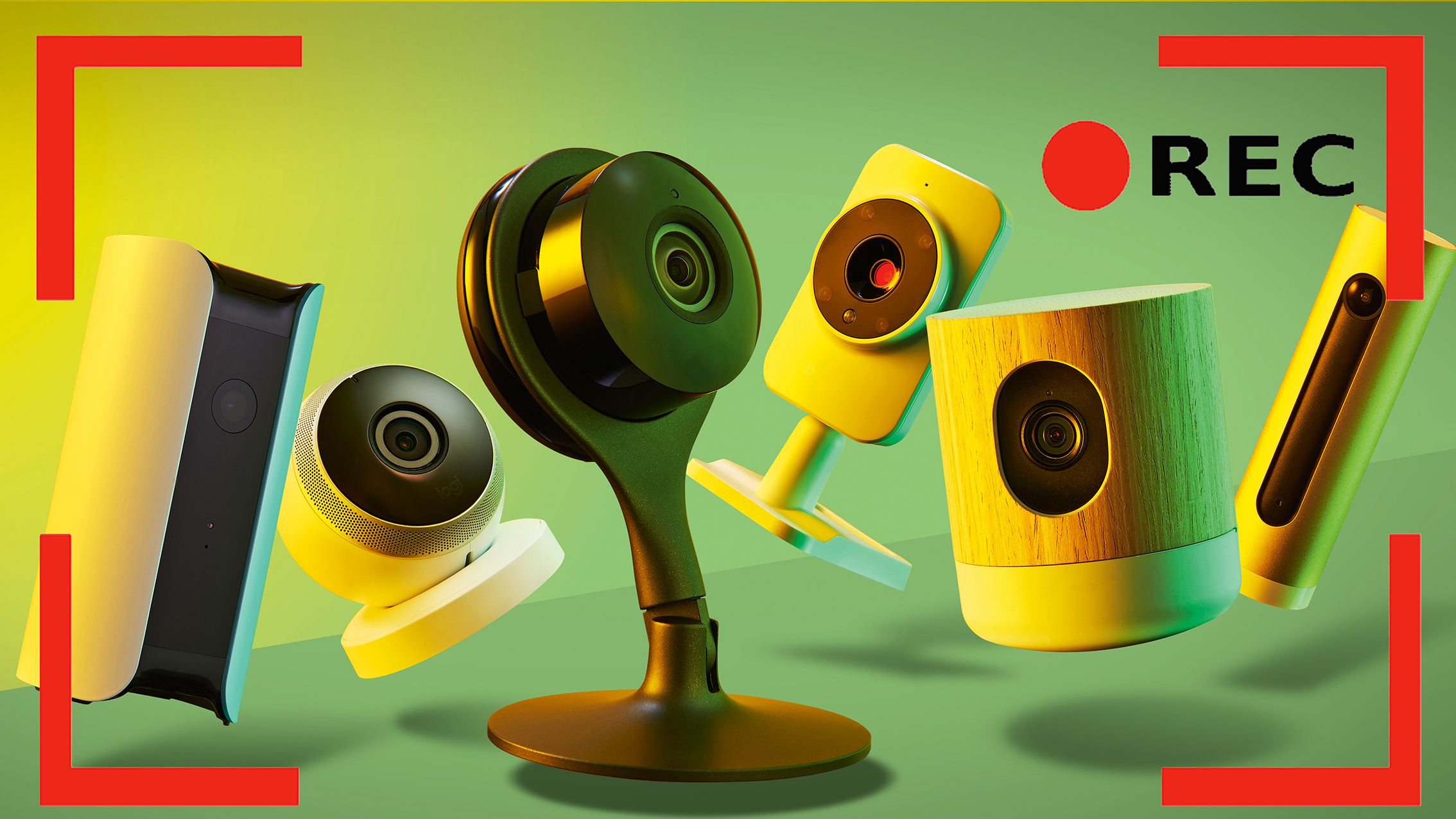Automatic sensor cleaning isn't essential? My experience would beg to differ
I’d have thought that by now, every digital camera would have an automatic image sensor cleaning option. The Nikon Z30, Z50 and Z fc have made me think again.
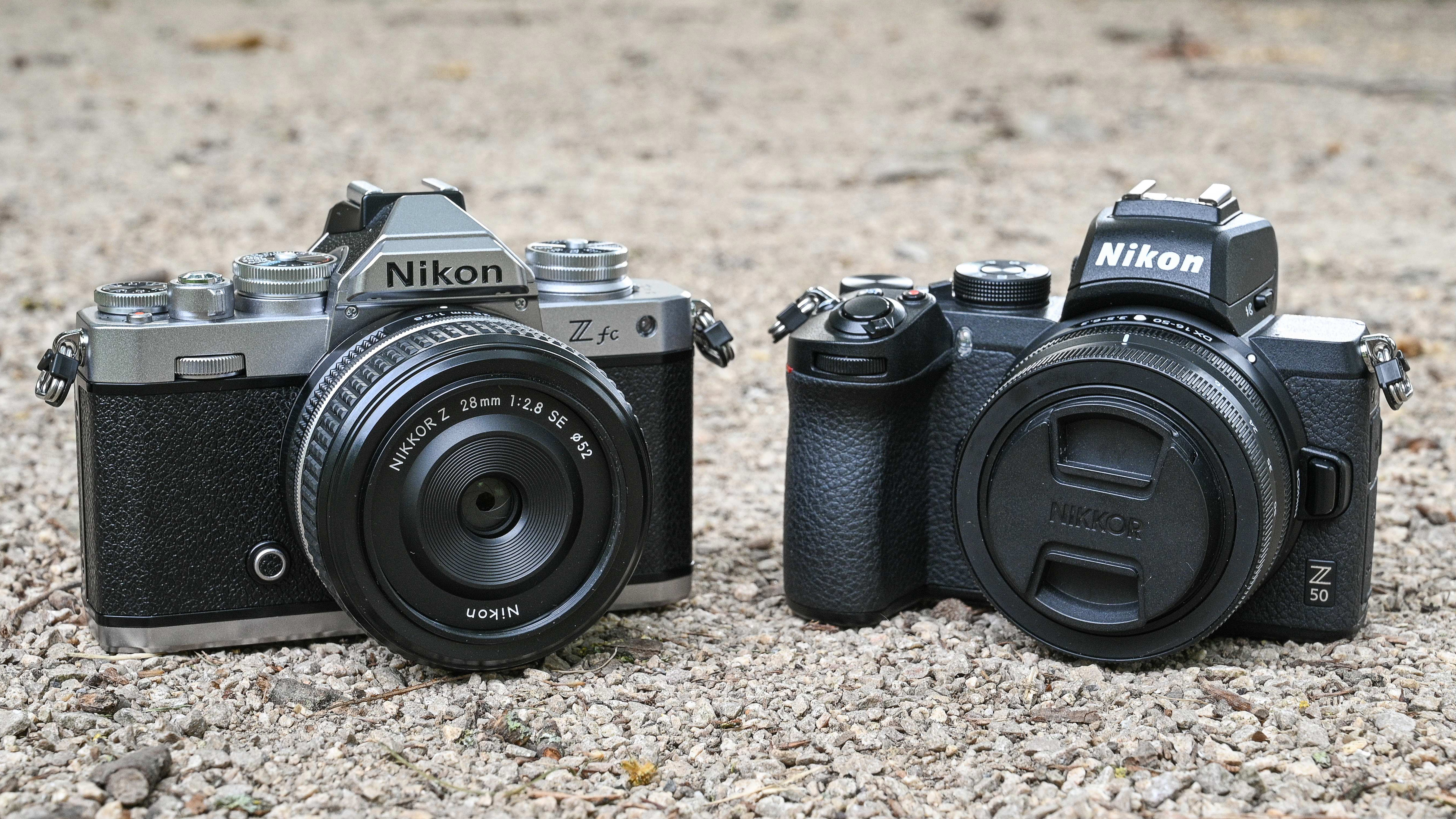
Dust is the plague of digital photography. Every time you zoom in and out with a physically extending lens and more especially when you change lenses on your camera body, you risk dust and other airborne debris getting where it shouldn’t. With a sense of almost absolute inevitability, that dust will end up on your image sensor. And unlike with analog photography, where it’s carried away every time you take a shot and advance the film, it stays put on your sensor, translating into dark spots in the same places on every successive picture.
Naturally, you can invest in one of the best image sensor cleaning kits on the market and manually clean the sensor, but should you need to? On a spending spree a couple of years ago, I bought a Nikon Z6 II and a Nikon fc at the same time. Like with my previous cameras, I’d assumed they’d both feature an automatic image sensor cleaning routine, that I could select via the menu system and run either at startup or shutdown of the camera, or any other time I felt the need. I soon found out that while the option is present and correct on the Z6 II, it’s sadly lacking on the Z fc. In fact, automatic sensor cleaning isn’t featured on any of Nikon’s DX format Z-system cameras, including the Z30, Z50 and Z fc. What I’d like to know is, why not?
The part of my brain that likes to defend Nikon (I’ve long been a fan) jumped to the conclusion that because none of Nikon’s DX format Z-system cameras thus far feature IBIS (In-Body Image Stabilization) they don’t have the wherewithal to vibrate the sensor and shake off any dust. But hang on a minute. No Nikon DSLR has ever featured IBIS, yet most recent models do have automatic sensor cleaning. That includes my relatively ancient D7100, which is now more than 10 years old.
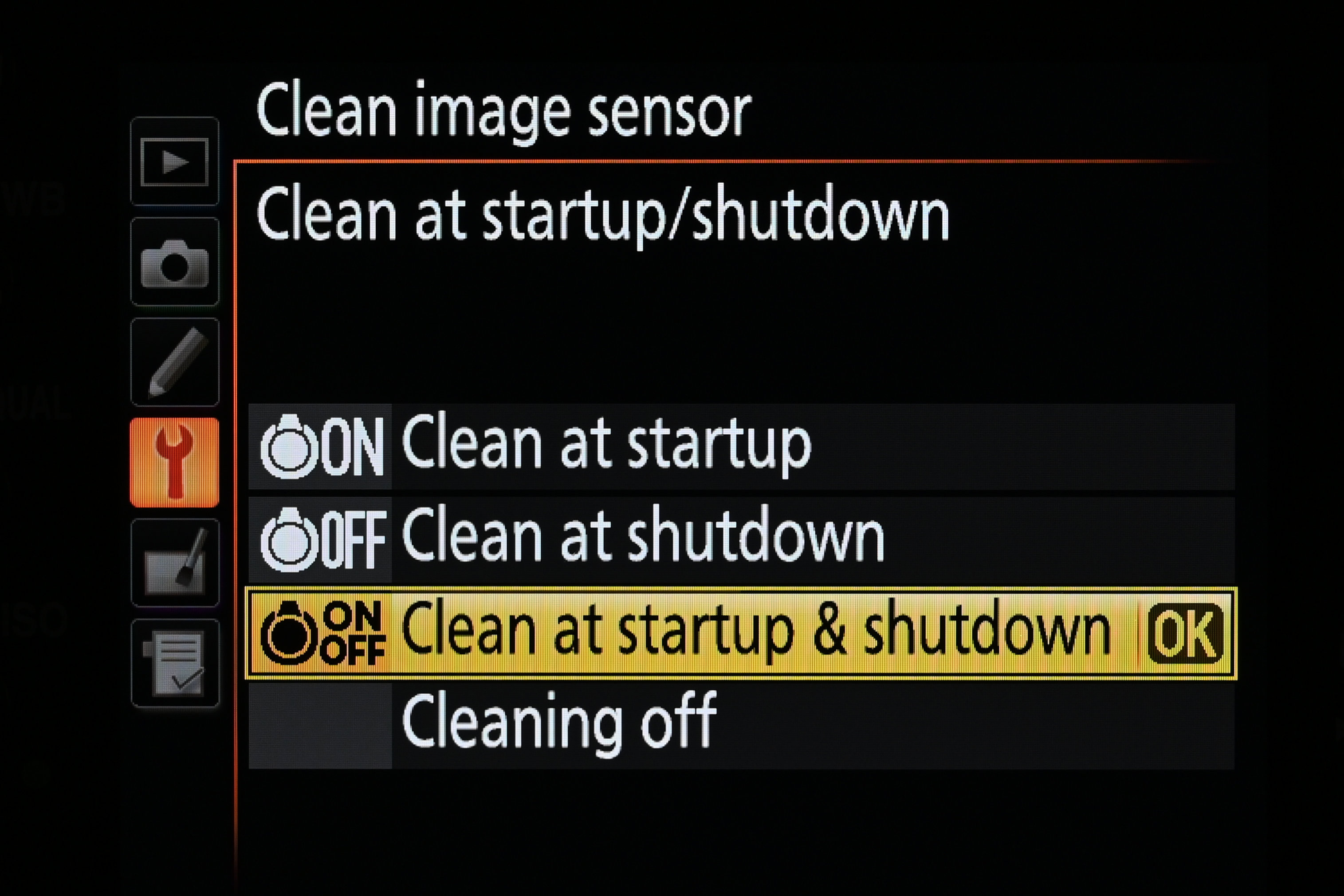
So what difference does it make? As I mentioned, I bought my Z6 II and Z fc at the same time. Since then, I’ve swapped between lenses on Z6 II nearly as many times as I’ve had hot dinners. And I do like hot dinners. Lens changes on the Z fc have been comparatively few and far between, as I’ve mostly stuck with the Nikon Z 28mm f/2.8 SE kit lens that came with it. Even so, I started noticing dark spots in the images from my Z fc a few weeks ago and, after taking a test shot of a white wall with a narrow aperture, discovered many dark spots across the image. I repeated the testing process with my Z6 II and found overwhelming evidence that the latter’s sensor was still pristine.
The gallery of images below starts with a sunny day photo taken on my Z fc. The most visible dark spots caused by dust on the image sensor are circled in red. The following two pictures of a plain white wall were taken on my Z fc and Z6 II. After the same age and with many less lens changes, the Z6 II’s sensor is massively cleaner, as shown in the results.
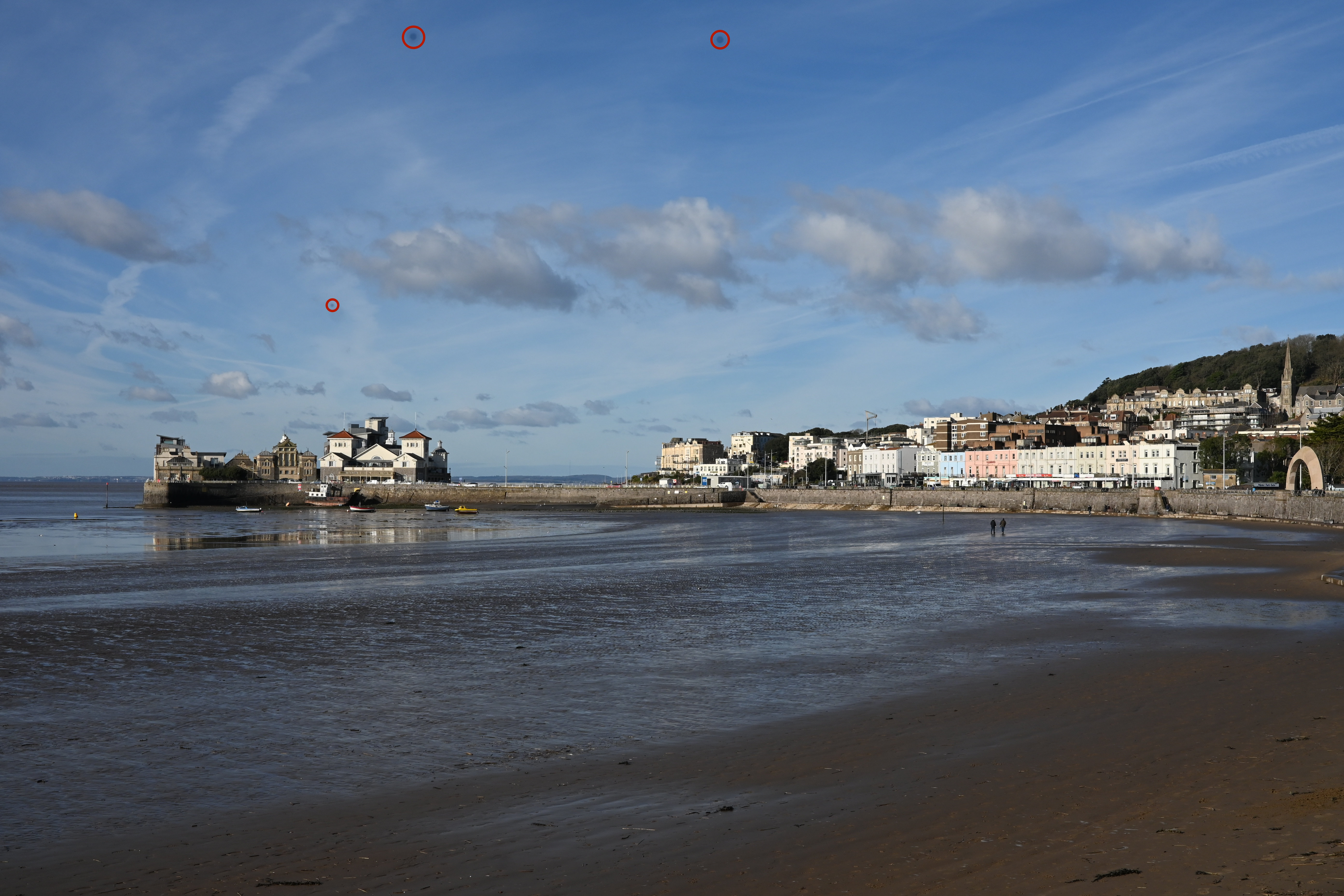
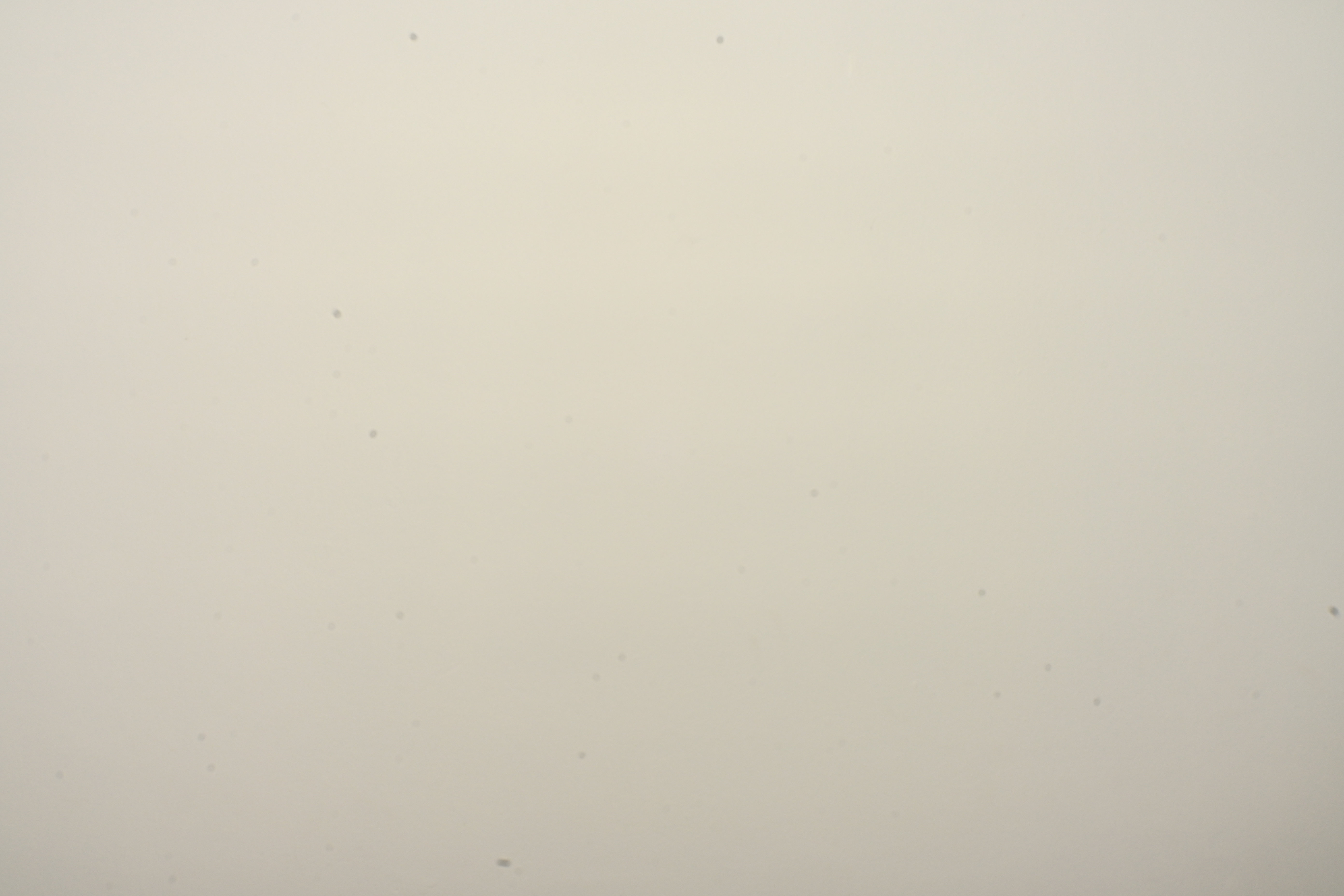

The thing that rather baffles me is why Nikon would strip out the useful feature of automatic image sensor cleaning in its DX format Z-system cameras, when it was previously featured in the company’s DSLRs. After all, the image sensor of a DSLR is relatively cosseted, hidden away behind a reflex mirror and shutter assembly, rather than being open to the elements and left completely unguarded when changing lenses, just waiting for the chance to gobble up some dust.
Don’t get me wrong. I love my Nikon Z fc and wouldn’t be without it. I just wish it had a bit of personal hygiene and kept itself a bit more clean and tidy.
Get the Digital Camera World Newsletter
The best camera deals, reviews, product advice, and unmissable photography news, direct to your inbox!
If you are worried about dirt on your sensor then check out our step-by-step of how to clean a camera sensor using the best camera sensor cleaners.
Matthew Richards is a photographer and journalist who has spent years using and reviewing all manner of photo gear. He is Digital Camera World's principal lens reviewer – and has tested more primes and zooms than most people have had hot dinners!
His expertise with equipment doesn’t end there, though. He is also an encyclopedia when it comes to all manner of cameras, camera holsters and bags, flashguns, tripods and heads, printers, papers and inks, and just about anything imaging-related.
In an earlier life he was a broadcast engineer at the BBC, as well as a former editor of PC Guide.

